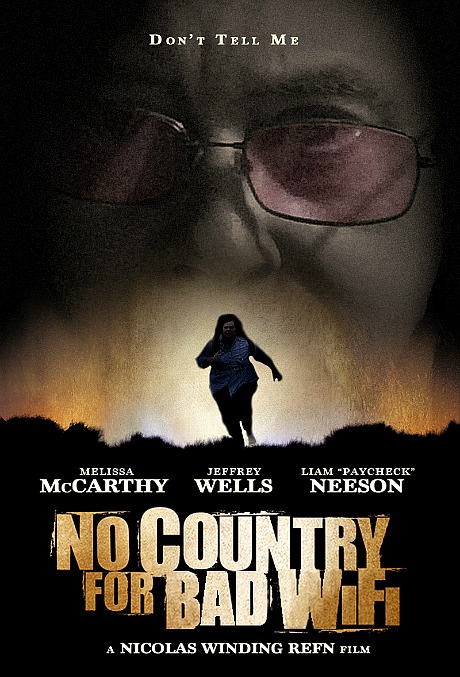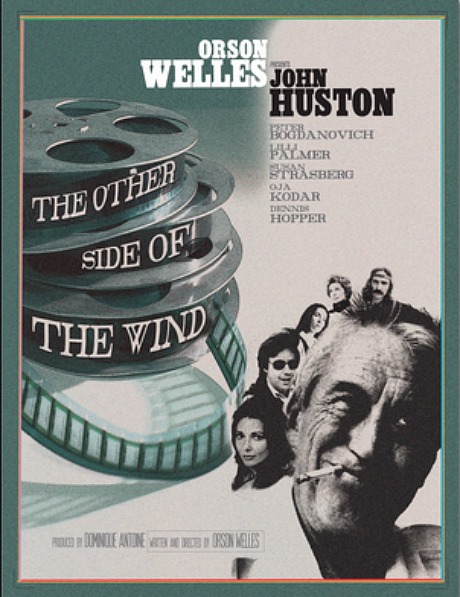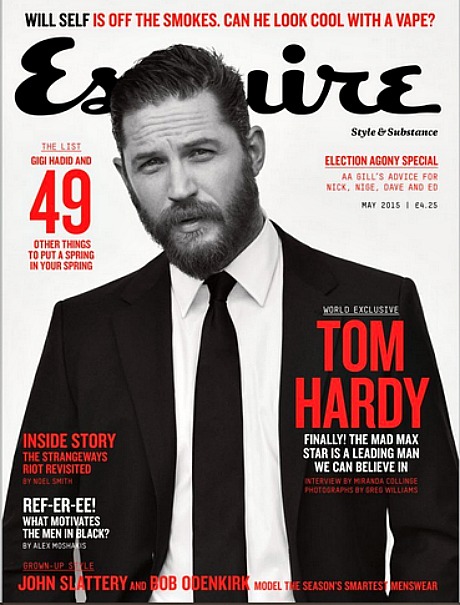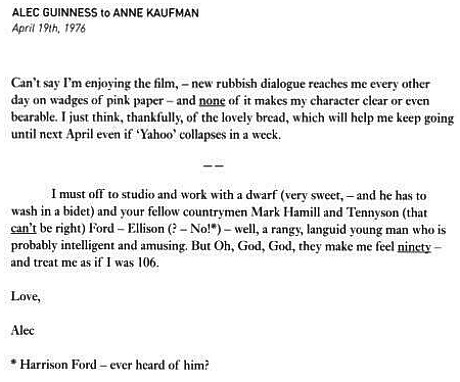Just over five months ago a N.Y. Times story by Maureen Carvajal announced that a full-length version of Orson Welles‘ never-completed The Other Side of The Wind, which was shot in fits and starts from the early to mid ’70s, would be assembled and screened in May 2015. Carvajal wrote that the producers, particularly Royal Road Entertainment’s Filip Jan Rymsza and even more particularly Welles’ friend and colleague Peter Bogdanovich, who told Carvajal that he’d assumed the responsibility of cutting together the final version, “aim to have it ready for a screening in time for May 6, the 100th anniversary of Welles’s birth.”
In a 10.29 HE interview I was told by original Wind producer and Welles biogrqpher Joseph McBride that the film might also screen at the 2015 Cannes Film Festival, which kicks off next month.
Well, both scenarios are out the window, McBride now says. The Other Side of the Wind might screen somewhere later this year (Telluride? New York Film Festival?) but forget May 6th and forget Cannes.
“Post-production work on The Other Side of the Wind is underway in France,” McBride told me this morning. “But it won’t be ready in time for this year’s Cannes Film Festival” — a statement that obviously includes Welles’ 100th birthday, which is about five weeks away. “I never thought it could be finished that quickly. A considerable amount of editing and sound work still needs to be done. There are eighteen hours of negative. Welles edited 41 minutes of scenes [before he died]. As Welles used to say, ‘We will sell no wine before its time.'”
Read more





